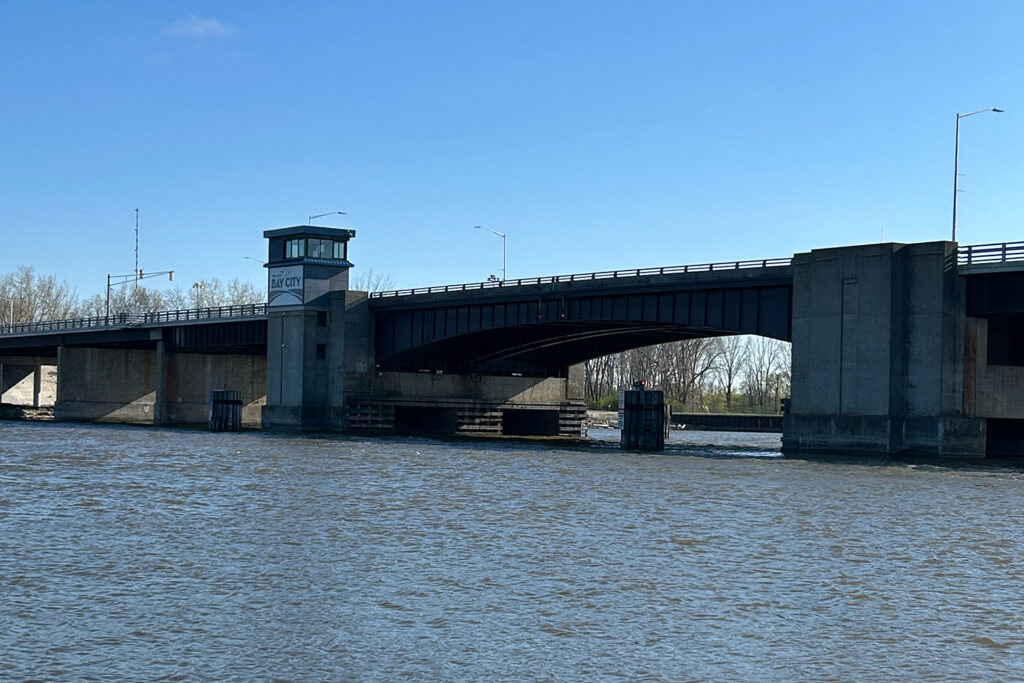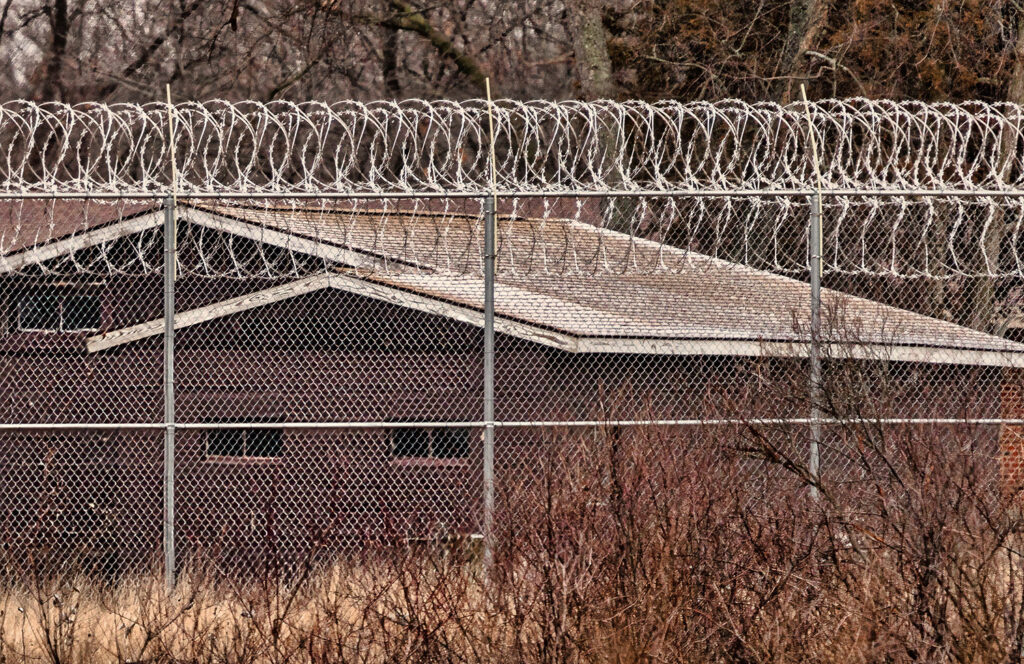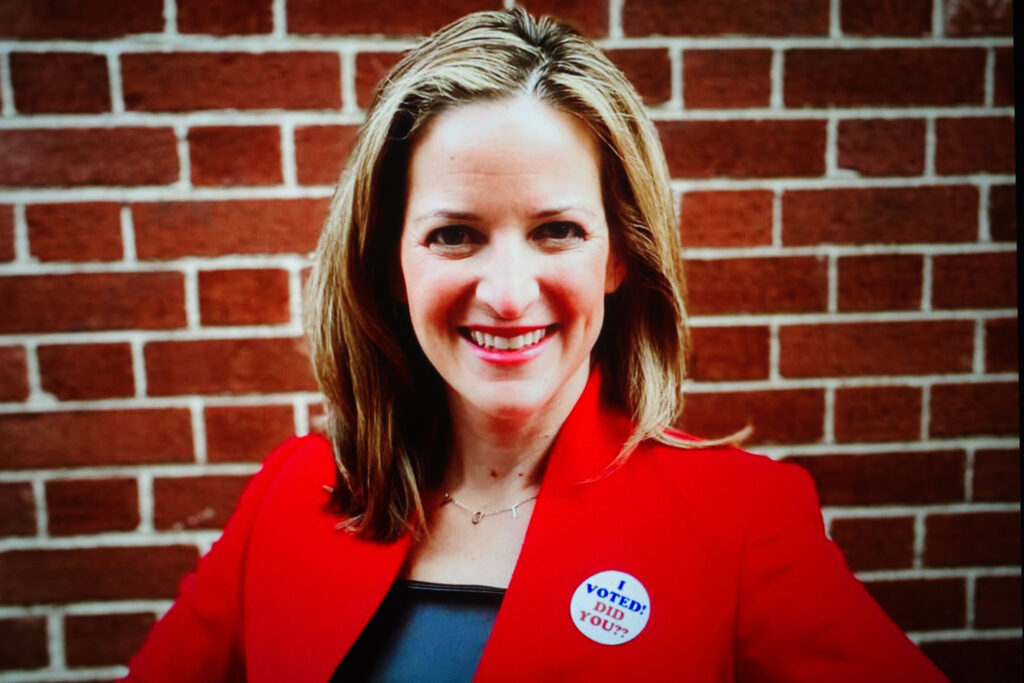Just over 100 days ago, I wrote about a pivotal moment for Bay City’s bridges. Since then, the situation has only become more complex.
What began as a community adjusting to tolls and construction delays has escalated into legal action, protests, and fresh uncertainty about the role private companies should play in public infrastructure.
The bridges continue to carry us across the Saginaw River, but the atmosphere surrounding them has shifted.
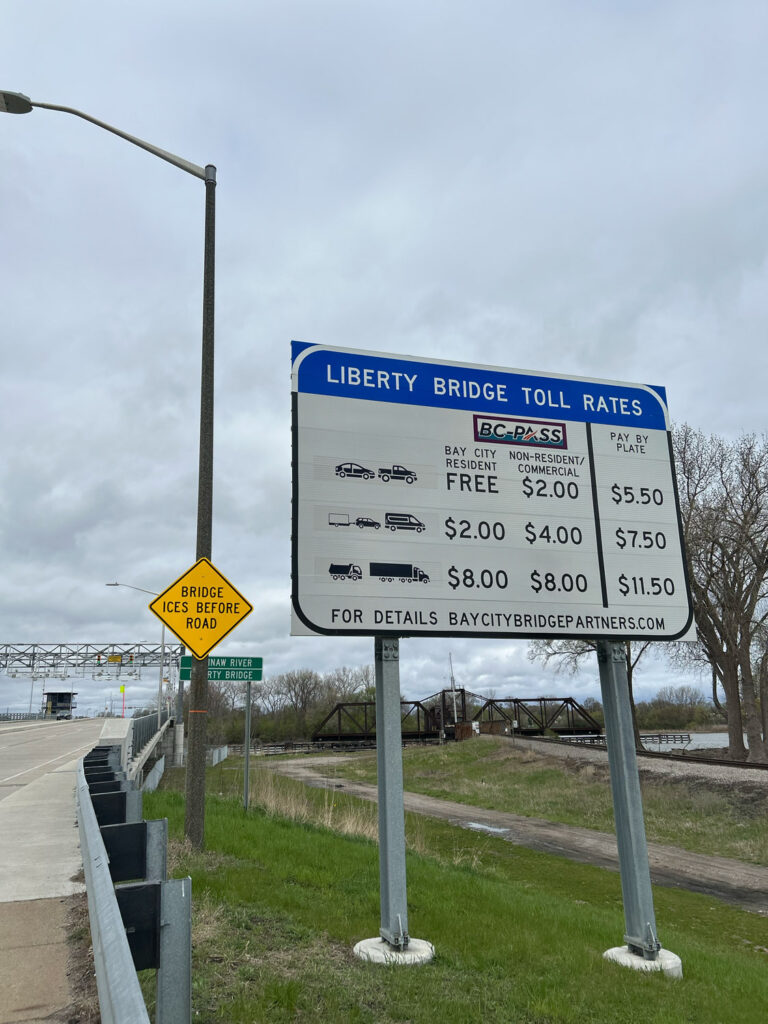
In January, Bay City Bridge Partners (BCBP), a private entity under United Bridge Partners, began collecting tolls on Independence Bridge before construction was completed. The move was controversial from the outset and is now under legal scrutiny.
A class-action lawsuit filed earlier this year contends that BCBP initiated tolling before completing necessary repairs, allegedly violating the terms of the Acquisition and Development Agreement. This case has amplified longstanding public concerns about premature toll implementation and insufficient oversight.
Adding to the controversy, BCBP announced a toll increase that would have doubled the non-resident monthly subscription from $15 to $30 and phased out the program entirely by July. Following significant backlash, including pressure from city officials, the increase has been suspended—but not permanently withdrawn.
While the tolls disproportionately increase costs for non-residents, those who live here now face a waiting game: Will the lawsuit bring change? Will BCBP attempt another increase? And who has the authority to intervene?
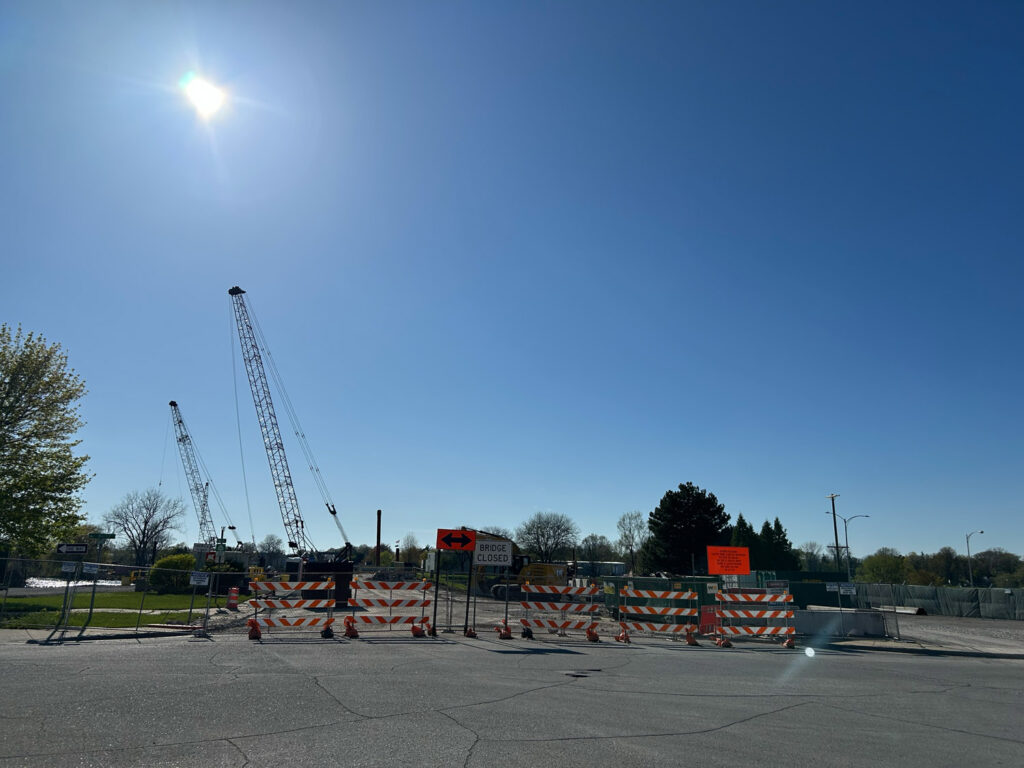
Meanwhile, construction on the Lafayette Street Bridge progresses. The $112 million MDOT-led replacement project aims to provide a long-term solution for a critical piece of city infrastructure.
With half of the bridge closed at any given time, traffic bottlenecks have become routine. Commuters are rerouting to Veterans Memorial Bridge, the only publicly owned, toll-free option, leading to increased wear and longer wait times.
As the Liberty and Independence Bridges remain under private control, Veterans Memorial Bridge has become the primary route for avoiding tolls. This shift has resulted in increased usage, slower crossings, and increased pressure on infrastructure.
Recent weeks have seen protesters at bridge entrances, voicing opposition to the toll system and the perceived erosion of public control over essential infrastructure.
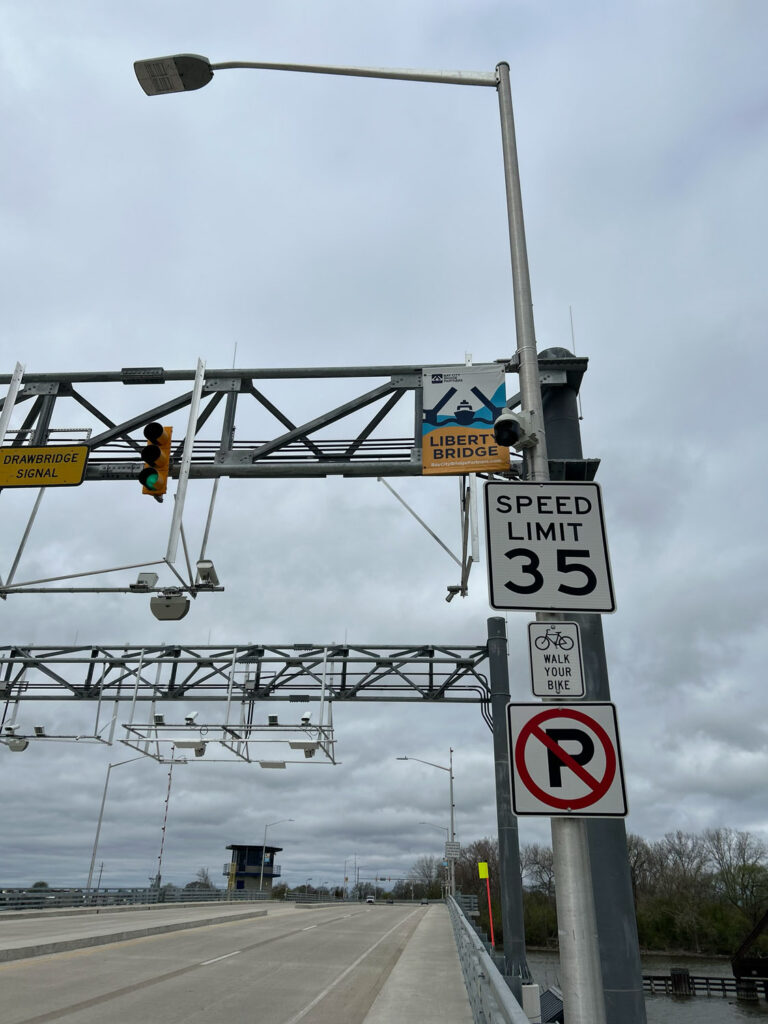
Organized demonstrations, including one led by the Saginaw Bay Democratic Socialists of America, highlight concerns that tolls disproportionately affect low-income residents, small businesses, and working families.
Protesters argue that privatization has created a two-tiered system where mobility now carries a price tag—one that some can’t afford.
The message is clear: Bay City’s bridges, once symbols of unity, have become points of contention.
Mayor Christopher Girard and other city officials have publicly expressed frustration over BCBP’s decisions, particularly the toll hike. The city, alongside organizations like Bay Future and the Bay Area Chamber of Commerce, has initiated a formal legal review to assess potential breaches of the public-private agreement.
The mayor emphasizes that while Bay City welcomes investment, it must not come at the expense of transparency, fairness, or public trust.
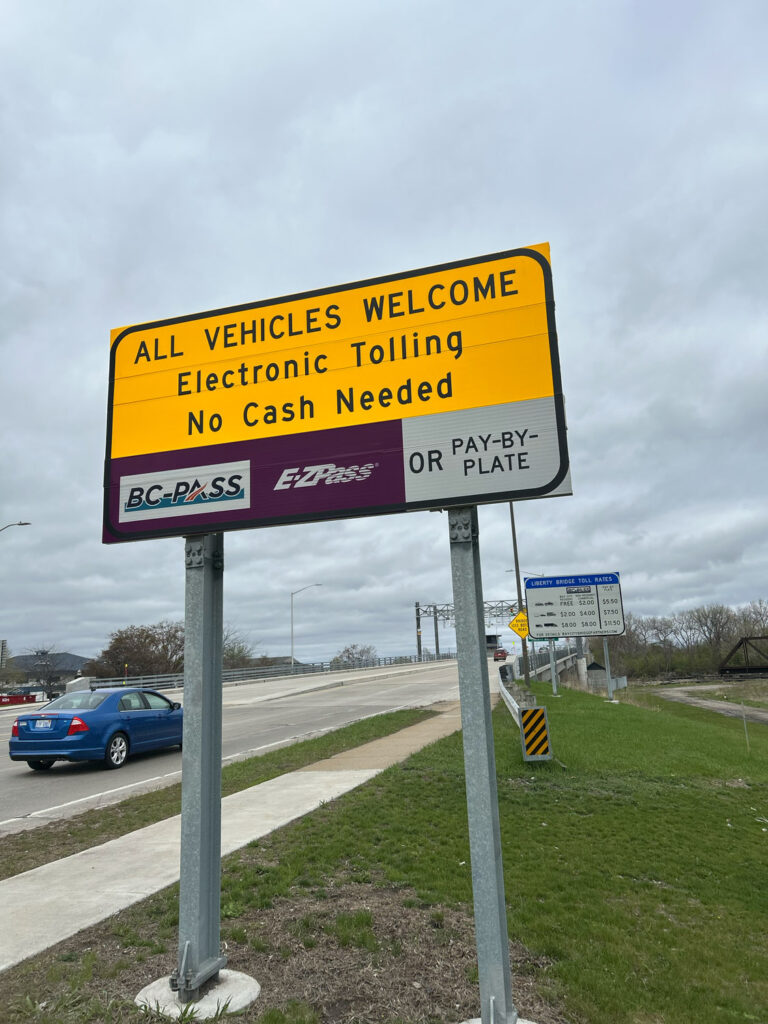
However, limitations exist. Since BCBP owns Liberty and Independence Bridges outright, local government control is limited—a reality stemming from the privatization deal that transferred ownership and, with it, significant authority.
Adding another layer to the situation, recent reports indicate that BCBP sought to keep details of a proposed agreement with Bay County confidential.
According to county officials, BCBP requested that the terms of the deal remain undisclosed to the public. This request has raised concerns about transparency and accountability, further fueling public skepticism about private entities managing public infrastructure.
In the meantime, tolls remain on Independence and Liberty bridges ($2 with a transponder, $5.50 without). Residents with a registered transponder can cross for free until 2028.
Bay City’s infrastructure is evolving, but if bridges are meant to connect us, this moment reveals how easily they can divide. What was once a symbol of progress is now a point of tension, where questions of ownership, access, and equality continue to ripple beneath every crossing.
Landen Taylor is a musician and explorer living in Bay City. Follow him on Instagram @landoisliving.
